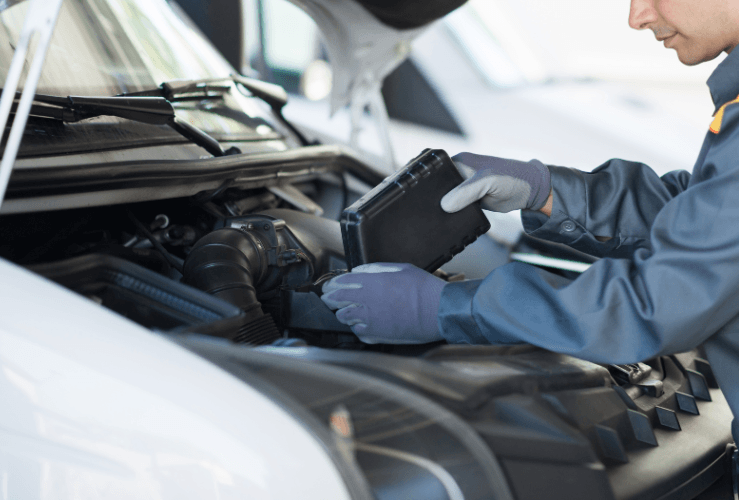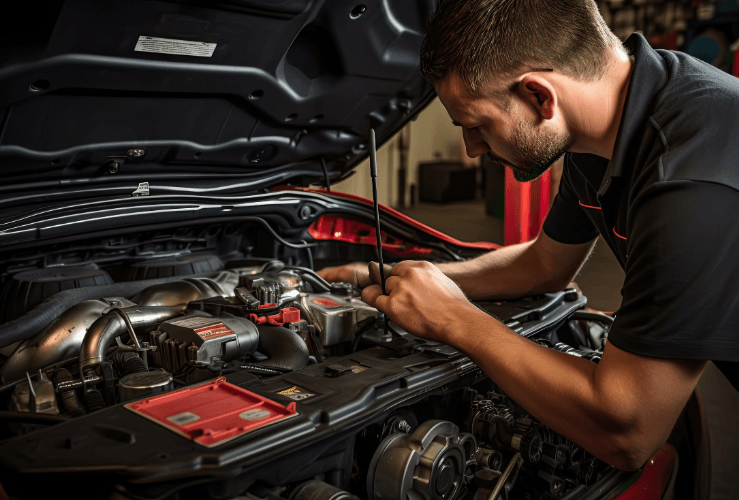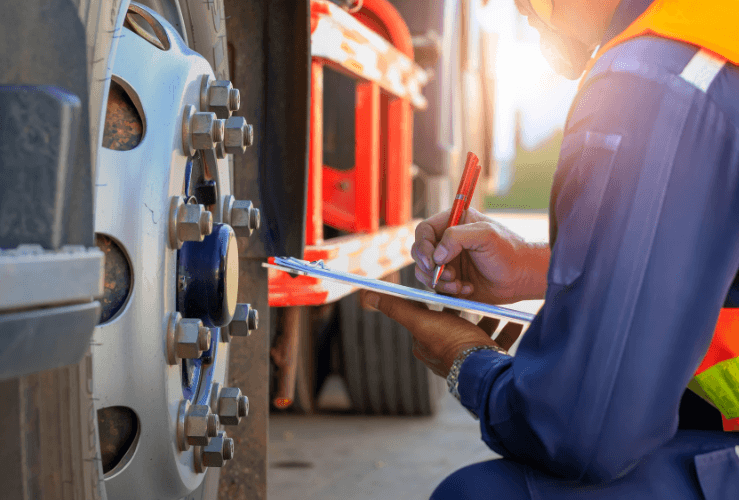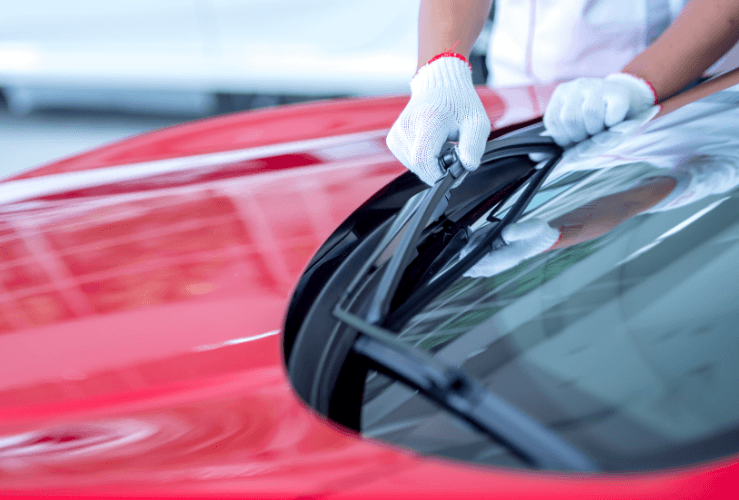Keep your fleet in safe working order and reduce costs with our handy fleet maintenance checklist
As a fleet manager, keeping your vehicles in good working order is imperative to reduce downtime and optimise fuel efficiency - both of which help protect profit margins.
Carrying out regular checks on key areas will also help prevent costly repairs.
Most importantly, scheduled checks will help reduce any risks to the safety of drivers and other road users.

Maintaining Detailed Fleet Maintenance Records
All checks, maintenance tasks, and repairs should be recorded in detail. This benefits future drivers, mechanics and fleet managers, since they know what has and hasn’t been checked.
Well-kept records will also help maintain the vehicle's value; would-be buyers will want to see this information so they know the vehicle has been well cared for. This will benefit the company financially over the long term.
You might record these tasks on a spreadsheet, or with dedicated fleet management software. The benefit of the latter is that it will alert you when a maintenance check or service is required.
Fleet management software may also dramatically reduce time spent on administration, and eliminate the risk of human error - such as through missed checks.
Use our fleet management checklist to help plan your maintenance, repair, and service schedules.

ENGINE
Oil & Filter Change
Check the vehicle's oil levels every two weeks and prior to any long journeys.
Swap out the oil filter based on the recommendations of the manufacturer. Ensure the correct oil type is used.
Keep an eye on oil consumption: if it rises unexpectedly, it could be a sign of an engine problem.
Air Filter Change
It's important to ensure air filters are kept clean to optimise airflow and overall efficiency. Dirty filters can increase fuel consumption and reduce engine performance.
Replace air filters as required or as stated in the vehicle handbook.
Fuel Filter Change
Change fuel filters as required. If they become old or dirty, the fuel injectors and carburetors can become clogged or damaged, potentially leading to reduced fuel economy and performance.
In some cases it might cause engine failure.
Transmission Fluid
Power will be compromised if the transmission system becomes clogged. Replacing transmission fluid as required will help prevent this and avoid much more costly repairs later on.
Power Steering Fluid
Power steering fluid should be topped up to optimal levels to keep steering smooth and to avoid unnecessary wear. Fluid levels should be checked on a monthly basis and at every service.
Top up as stated in the vehicle manual.
Engine Coolant
Carry out regular coolant level checks and top up as necessary. Only do this when the engine is cool, so you get an accurate reading.
Before winter sets in, ensure the coolant has the required antifreeze concentration to stop the coolant system from suffering corrosion and/or freezing. However, note that antifreeze is critical throughout the year.

Radiator Hose Replacement
Refer to the owner's manual regarding radiator hose replacement intervals, or replace as required.
Hoses can get damaged by exposure to very high and very low temperatures.
The engine may overheat if the hose is damaged, potentially resulting in a breakdown.
Belt Replacement
Refer to the owner's manual regarding belt replacement intervals, or replace as required. As a rough guide, check belts once every 60,000 miles and replace them at 90,000 miles.
Routine checks are essential to avoid a breakdown.
Battery Replacement
Change the battery as outlined in the vehicle handbook.
Batteries typically last between 3 and 5 years.

CHASSIS
Tyre Maintenance/Repair/Replacement
Ensure tyres are pressurised to the level recommended in the manufacturer's handbook.
Inspect tyres regularly for bulges, sidewall cuts, and other signs of wear.
Replace tyres in line with the manufacturers' recommendations, or if any damage has been sustained.
Tyre Rotation / Balance
Imbalanced tyres can cause the wheels to spin irregularly, leading to damage. Rotate/balance tyres as the handbook outlines, to improve their performance and extend their lifespan, while preventing damage.
Tyre Alignment
Well-aligned tyres will perform better and last longer. Poorly aligned tyres may result in the vehicle pulling to one side or vibrating.
Align tyres as specified in the vehicle handbook.
Brake Pad/Disc Replacement
Fully functioning brakes are essential for the safe operation of any vehicle. Check brakes are working well and look for signs of wear.
Replace pads or discs as required.

OTHER CHECKS
Windshield Wiper Replacement and Screenwash
It's prudent to replace wipers on an annual basis.
Top up screenwash regularly. Consider using an antifreeze additive – these often help prevent grime build-up too.
Bulb Replacement
Replace bulbs in line with the manufacturer's recommendations.
Each week, ensure all headlamps, brake lights, fog lights, and indicators are working and that they are clean. Encourage drivers to wipe them down regularly, especially when there is mud or slush on the roads.
Bodywork
Carry out regular checks on the vehicle's bodywork to ensure it has not sustained any damage.
Dents, scratches, and areas of rust can develop into more serious problems, which can be costly to repair.



